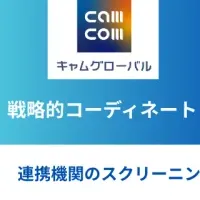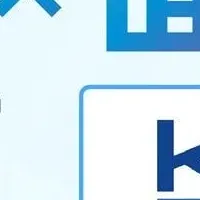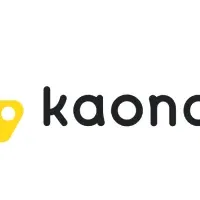
The Growing Demand for Enterprise Integration Platforms Projected to Soar Until 2030
Insights on the Expanding Eau PaaS Market
Introduction
As companies increasingly rely on digital solutions, Enterprise Integration Platform as a Service (EiPaaS) has emerged as a crucial component for businesses aiming to enhance their operational agility. Recent analyses from the QKS Group indicate that the EiPaaS market is set for robust growth, projected to reach a compound annual growth rate (CAGR) of 13.45% through the year 2030. This article will explore the driving factors behind this growth, key market insights, and future trends.
The Rise of EiPaaS
In our interconnected digital landscape, EiPaaS plays an integral role by facilitating the integration of applications and data sources across various environments, whether they are on-premises, in the cloud, or a hybrid of both. Organizations are increasingly recognizing the need for rapid time-to-market, improved customer experiences, and minimized integration burdens, making EiPaaS the backbone of modern digital strategies across multiple sectors including banking, manufacturing, healthcare, and government.
Ipsita Chakrabarty, an analyst at QKS Group, emphatically stated that EiPaaS has transitioned from a supplementary component to a fundamental element of business innovation. Today, leading EiPaaS solutions provide capabilities such as embedded AI and event-driven architecture, helping businesses adapt quickly to disruptive market changes.
Key Insights from the QKS Group Report
The comprehensive report sheds light on several important findings:
1. Global and Regional Market Overview
The report delves into the adoption trends of EiPaaS platforms on a global scale, noting significant variations in regional growth.
2. Competitive Benchmarking
A thorough comparative analysis highlights the positioning of key players in the EiPaaS market, scrutinizing their unique value propositions and market strategies.
3. Sector-Specific Trends
Different industries exhibit varying degrees of investment in EiPaaS solutions. The report discusses which sectors are leading the charge and examines the underlying reasons for their investments.
4. The Impact of Technology
Technological advancements such as AI and low-code frameworks are reshaping the integration landscape, facilitating seamless operations and faster deployment of solutions.
Market Leaders and Competitive Landscape
The report also provides detailed profiles and benchmarks of prominent EiPaaS vendors. Key players include:
- - MuleSoft (Salesforce)
- - Boomi
- - Informatica
- - Microsoft Azure
- - Oracle
Implications for Businesses
For executives shepherding businesses within the EiPaaS space, the insights drawn from the QKS Group's analysis are invaluable. They can assist in identifying underexplored market segments, refining investment strategies, and improving product roadmaps. In an era where integration capabilities determine a company's efficiency and adaptability, EiPaaS solutions must be scalable, secure, and infused with AI to foster innovation and ensure a strong return on investment.
Conclusion
The projected growth of the Enterprise Integration Platform as a Service (EiPaaS) market reflects not only the shifting priorities of businesses but also the increasing necessity for a cohesive digital strategy. As we approach 2030, organizations will need to harness these platforms effectively to stay ahead in the competitive landscape, ensuring they can meet evolving customer demands and technological advancements.
For more in-depth insights, including the nuances of market performance and forecasts, visit QKS Group's comprehensive research reports available through their website.
Topics Business Technology)










【About Using Articles】
You can freely use the title and article content by linking to the page where the article is posted.
※ Images cannot be used.
【About Links】
Links are free to use.